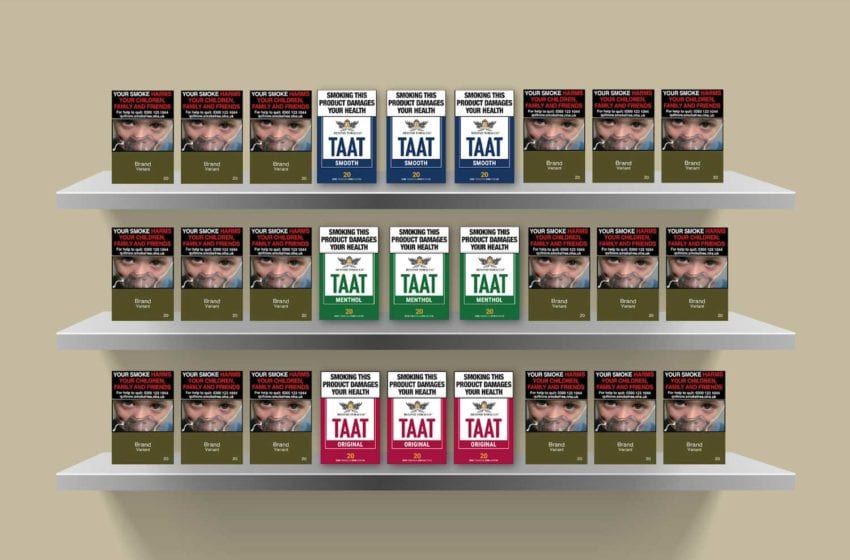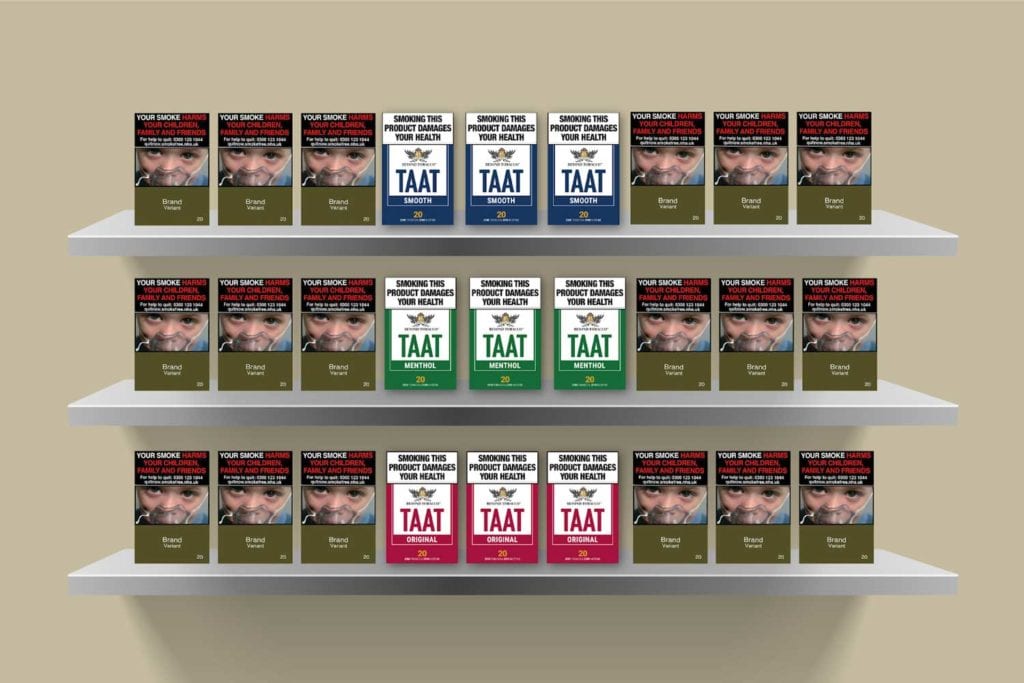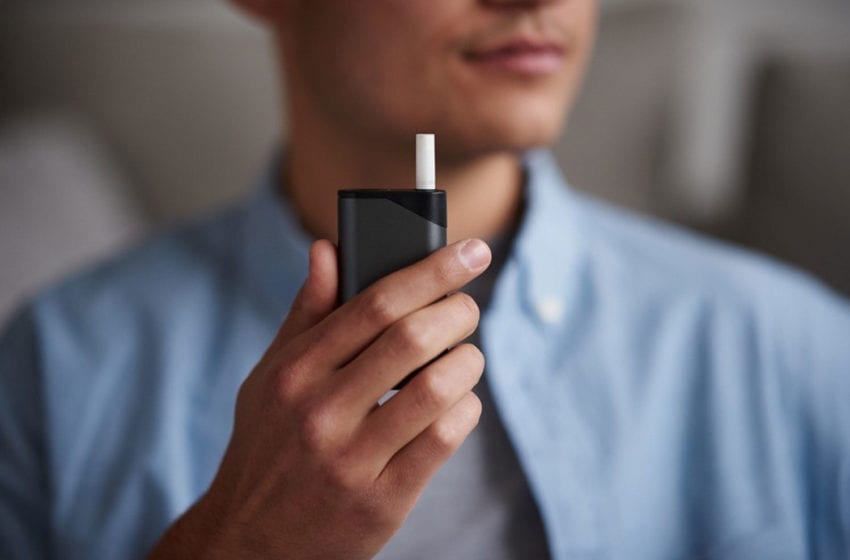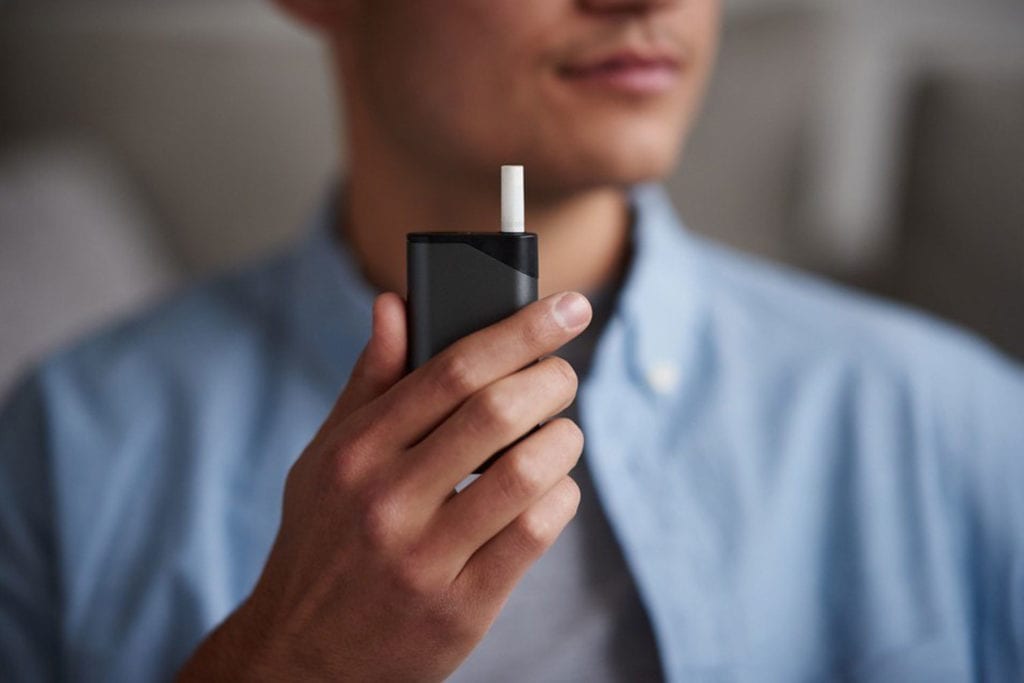
North Carolina will use the $40 million settlement with Juul Labs, announced in June by Attorney General Josh Stein, to help fund research to stop the use of electronic cigarettes among young people, reports The Fayetteville Observer.
“For years, Juul targeted young people, including teens, with its highly addictive e-cigarette,” said Stein. “It lit the spark and fanned the flames of a vaping epidemic among our children—one that you can see in any high school in North Carolina. This win will go a long way in keeping Juul products out of kids’ hands, keeping its chemical vapor out of their lungs and keeping its nicotine from poisoning and addicting their brains.”
Juul Labs will pay North Carolina $13 million in the first year, $8 million the second year, $7.5 million the third year, $7 million the fourth year and $2.25 million the fifth and sixth years. The payout is set to fund programs conducting research and prevention of electronic cigarettes, according to Travis Greer, regional tobacco control manager for the Cumberland County Health Department.




















